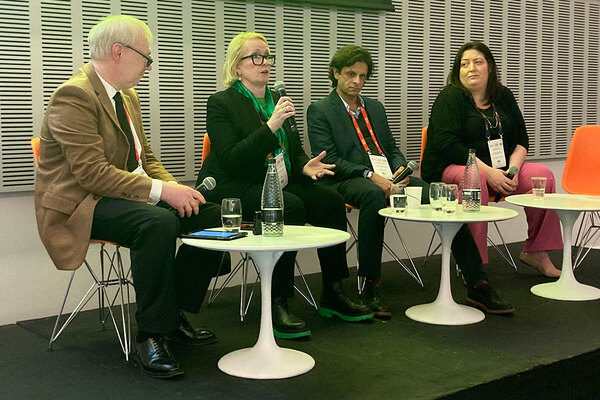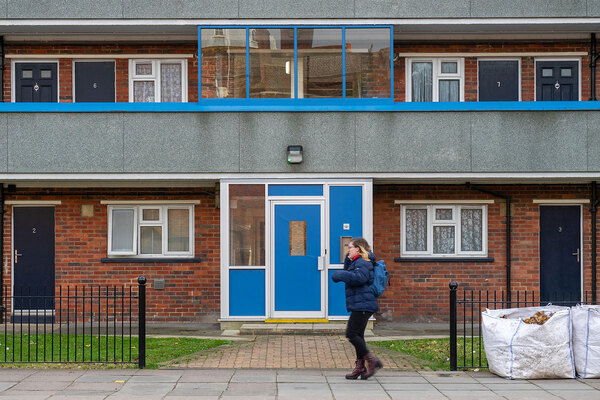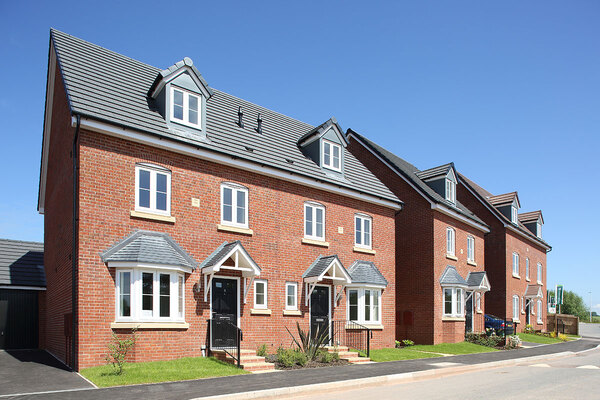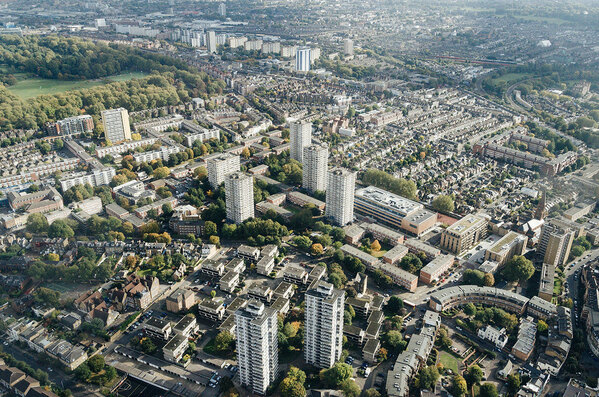You are viewing 1 of your 1 free articles
Housing 2024: Service charges should be capped within planning system to encourage Section 106 purchases
Housing associations have called for service charges to be capped within the planning system to encourage them to buy homes in Section 106 agreements, according to a housing expert.
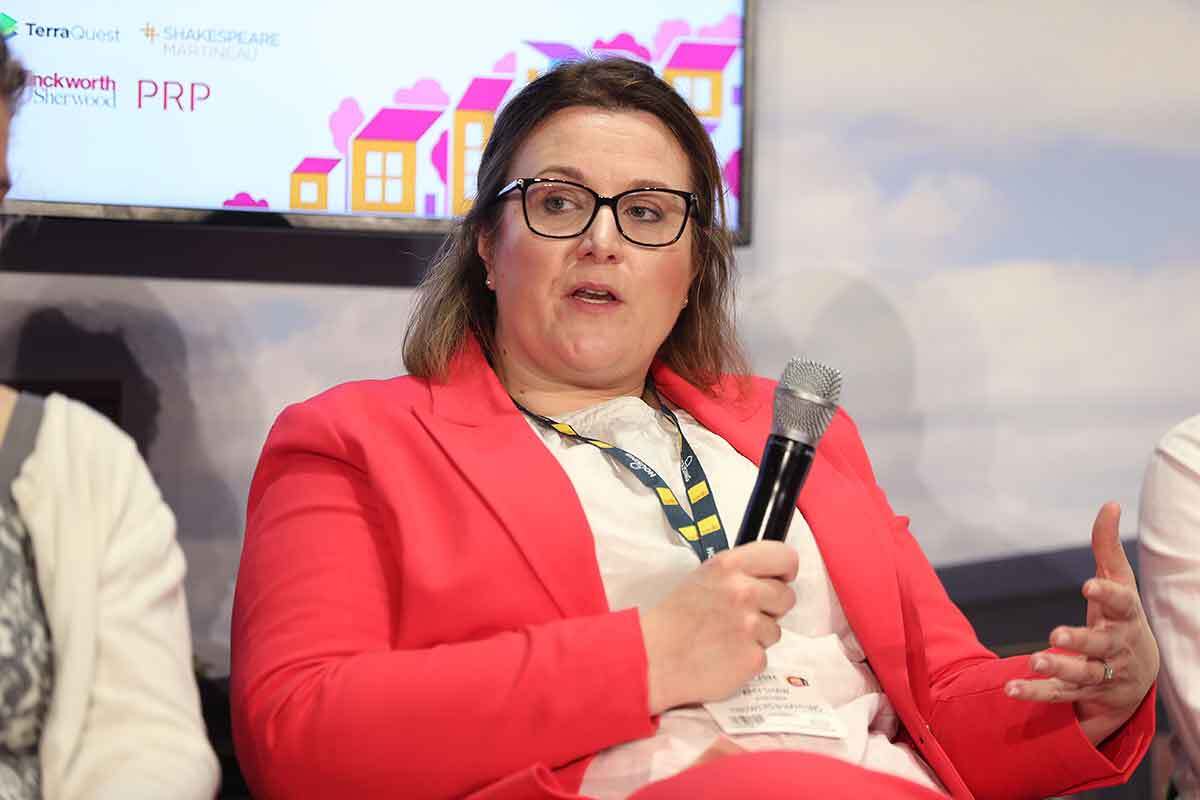
Amy Shaw, a partner at Trowers & Hamlins law firm, said social landlords were increasingly concerned about taking on Section 106 homes with high service charges that they would struggle to pass on to residents.
Ms Shaw told a panel at the Housing 2024 conference in Manchester that “a big request” from her housing association clients was more assistance on service charges.
Often with Section 106, she said, “the mixed communities can produce very high service charges, which the registered providers can’t pass on to their residents”.
This was creating a “huge affordability and viability challenge”, she said.
“I’ve heard requests from the affordable sector to look at service-charge capping within the planning system... You can’t do that within the landlord and tenant legislation – it’s not allowed – but we could look at it through planning,” she added.
Ms Shaw was speaking as part of a discussion around why some housing associations were stepping back from Section 106 acquisitions.
As well as competing cost pressures, landlords have reported concerns about the quality of Section 106 homes, which developers build alongside market-sale housing as part of the planning process.
Ms Shaw acknowledged that Section 106 was “an important part” of affordable housing supply, but said more needed to be done to make it “an attractive mechanism” for housing associations.
“We need developers to really focus on the quality of the homes,” she said. To improve this, they could look at potential partnerships with landlords. “If developers and registered providers can form long-term partnerships, the homes that are delivered will be more suitable for the registered providers who are going to be managing them.”
One issue for housing associations was “what are we getting for our money?”, Ms Shaw said.
“They could be very well-built homes, they could have great facilities, but the cost of that could be prohibitive in terms of communal areas and service charge.”
She added: “What about looking to Homes England, local authorities, the Greater London Authority or other public bodies, to act as aggregator?
“So if registered providers themselves can’t buy up the 106, could we look to the government or a government-backed organisation to take those homes and get registered providers to manage them?
“That would help with supply, it would get developments off the ground, and we’d have a bank of affordable housing.”
Fellow panellist Helen Town, group director of property and partnerships at Watford Community Housing, said: “We’ve had a few schemes over the last year where we’ve had housing associations that have pulled out very late in the day on a Section 106 deal, and we’ve come in.
“Actually, that’s been a bit of an opportunity for us, because we’ve come in right at the end, so we haven’t had the cost of carrying all that money over that time. We’ve got a scheme that’s good to go.”
Lindsay Lauder, director of development and regeneration at Wheatley Group, said the Scottish landlord had been “incredibly successful” in delivering homes through Section 75, the Scottish equivalent of Section 106, especially in the east of the country.
“Edinburgh and the surrounding areas are areas of high land value – really difficult for us to be able to access land for affordable housing,” she said. “One of the ways we are able to do that is through Section 75 projects.”
Wheatley has completed nearly 1,500 homes in the east of Scotland, split between social rent and mid-market rent.
Earlier in the day, Andy Burnham, the mayor of Greater Manchester, had called for the next government to transfer train stations to the combined authority so housing could be built around them.
Sign up for our development and finance newsletter
Already have an account? Click here to manage your newsletters

